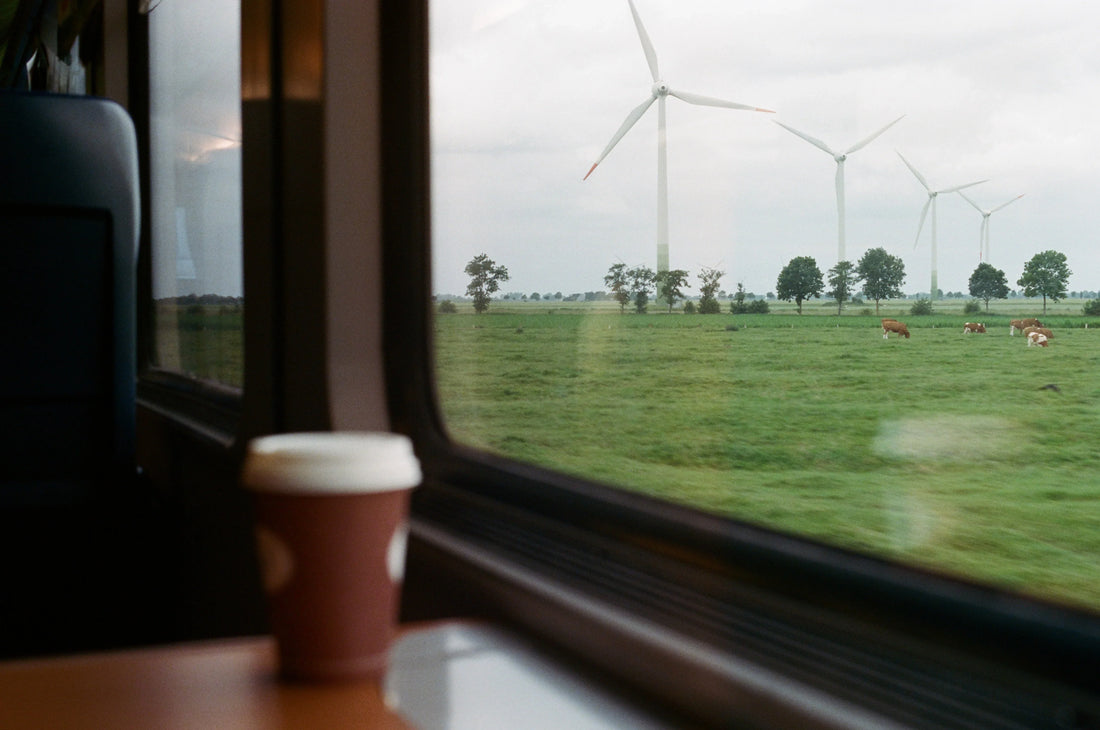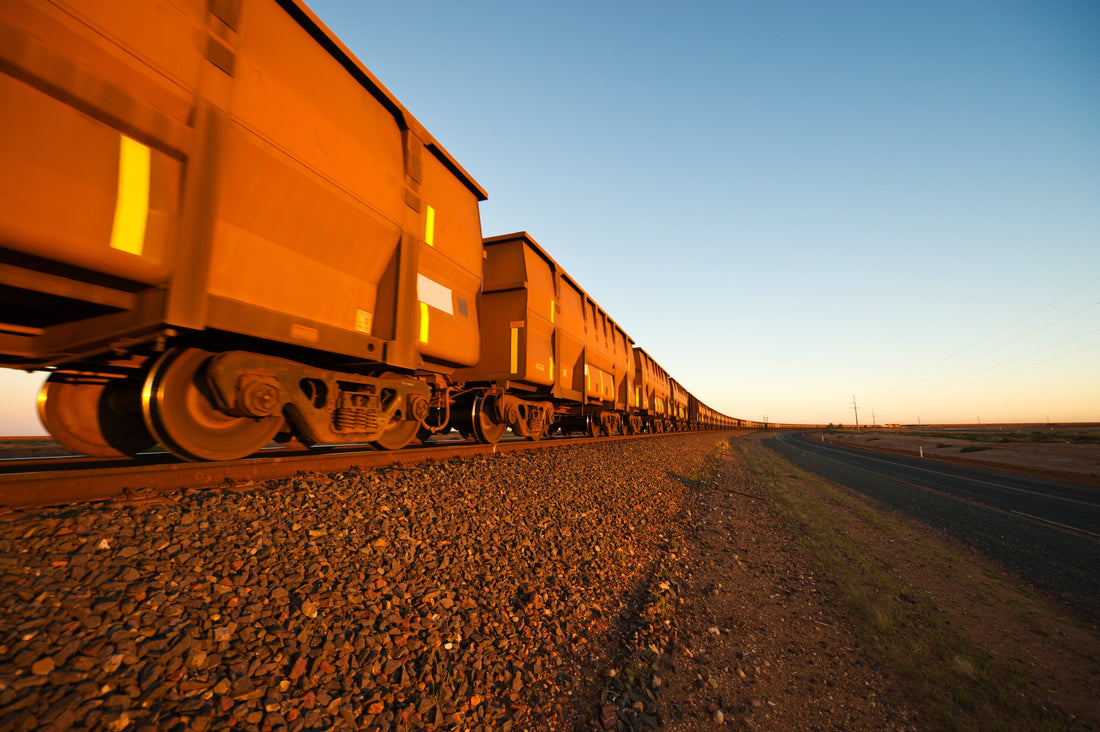Diesel has been powering trains since the shift from steam in the 1940s and 1950s. It kickstarted a massive surge in development, revolutionising the way goods, services, and people were able to get from Point A to Point B.
But the rail industry is now in the midst of another turning point. And as before, this change has been slow and steady, with years of testing and development. However, unlike the 1940s, the rail industry has a number of different options for available for powering trains.
Here are some reasons why diesel is the fuel of the past for the rail industry:
Negative Effect on Passenger Health
A study published in 2015 found that diesel trains in enclosed railway stations pose a health risk to workers and passengers. This is because the exhaust emissions have a negative impact on air quality.
Clean European Rail-Diesel was a four-year project led by the European Railway Industry Association between 2009 and 2013. The project focused on developing, improving, and integrating emissions reduction technologies for rail vehicles and diesel locomotives.
While the trials found that existing trains could be retrofitted with configured and compliant engines, it would be technically and economically challenging for rail companies to retrofit or replace older diesel trains to meet the tighter limits on pollutants. The project’s key finding? Fleet renewal was the most economical and feasible way to achieve the goal of reducing emissions in the EU by 2030.
Unsustainable Environmental Impact
The transportation sector is responsible for approximately 28% of all greenhouse gas emissions. The rail industry is facing increased pressure to reduce emissions and switch from diesel to more sustainable power options.
Humans need to achieve a 50% decrease in greenhouse gas emissions by 2050 to limit global temperature increases. We can expect to see tighter regulations and price mechanisms for carbon emissions. Rail companies will need to switch to alternative sources of energy to remain competitive.
High Prices
It’s hard to predict where diesel prices will be next year, but we know one thing for certain: Costs are only going to continue to rise. While electric and other power options can be expensive in the short-term, there’s little doubt that they can lead to huge savings in the long-term, particularly when using renewable energy sources. Not only are electric trains energy efficient, but they can also brake and accelerate faster than diesel-powered trains.
The price of crude oil is the largest component of diesel prices. And crude oil prices continue to remain high, largely because oil remains a global commodity. Many oil-rich regions are politically unstable, and as it becomes more difficult to get access to crude oil, the rail industry will be increasingly motivated to find an alternative.
Looking for a better way to power your rail company? At Powerbox, we use a number of hybrid options so you can move away from diesel and even take your power needs off the grid. Get in touch today to learn more.


















































